If you are patient in one moment of anger, you will escape a hundred days of sorrow. [Chinese Proverb]
Whoever can see through the fear will always be safe. — Lao Tzu — (Tao Te Ching, chapter 46, translation by Stephen Mitchell)
While emotions are part of the human experience and are connected to our survival, decision making and too many of our behaviors, they are rarely given the attention necessary to help us find inner peace and overall health and well-being. We don’t have to look that far back in history to see how emotions affect us on an individual, relationship, small group and world level. In fact, just looking back at the relatively young history of the United States of America provides us with countless examples of how emotions, like anger and fear, have played out on the four levels mentioned above.
Fear of diseases, fear of cultural and economic changes, fear of crime and violence, fear of aging and death and fear of ecological and environmental deterioration are nothing new. Just like anger for social injustice, anger for ignorance or anger for circumstances beyond our control are common themes throughout the centuries. I sometimes like watching some of the TV shows and movies from my childhood years with my adult eyes, and I find it fascinating that the emotional struggles of just a few decades ago have not changed.
One of my teachers once said, Love is the only true emotion. All others are problems with giving and receiving love. Emotions can layer on top of each other and further be covered by mental constructs making it harder to be aware of what is inside you. There are many coping mechanisms that serve us as children but no longer serve us or may even harm us as adults.
For example, anger is considered both a primary and a secondary emotion. As a primary emotion, it can be connected to violence in being rash and impulsive. As a secondary emotion, it may cover or protect you from feeling sadness, fear or worry. We may say we are feeling stuck or frustrated as a mental construct, with anger being the emotion underneath. Perhaps as a child, becoming violent or acting impulsive got rewarded in some way or was the only way to protect yourself. Perhaps as an adult it would serve you better if you could transform that anger to positive action with kindness and compassion.
In Chinese Medicine there are ancient texts and different theories regarding emotions and how they affect the body, mind and spirit. These theories connect to universal truths that are timeless and can be extremely helpful in giving us a framework and tools for a more healthy and happy life.
After taking a deep breath, becoming still and present, we all need to understand ourselves as well as we can, using this moment of global transformation to figure out where fear, anger and related emotions come from and where they are leading us, and to change our story.
If you would like to explore the yin and yang of your emotions and learn ways to release, channel and transform them 𝐟𝐨𝐫 𝐛𝐞𝐭𝐭𝐞𝐫 𝐡𝐞𝐚𝐥𝐭𝐡, 𝐟𝐢𝐧𝐝𝐢𝐧𝐠 𝐢𝐧𝐧𝐞𝐫 𝐛𝐚𝐥𝐚𝐧𝐜𝐞 𝐚𝐧𝐝 𝐢𝐦𝐩𝐫𝐨𝐯𝐢𝐧𝐠 𝐫𝐞𝐥𝐚𝐭𝐢𝐨𝐧𝐬𝐡𝐢𝐩𝐬, I have a great news, I just released the anger and fear classes from our eMOTIONS online class series on Vimeo On Demand. To learn more check the link below.
eMOTIONS — ANGER — The Yin and Yang of Your Emotion — get your class on Vimeo On Demand
eMOTIONS — FEAR — The Yin and Yang of Your Emotion — get your class on Vimeo On Demand

Join my email list or contact me if you are interested for more details or would like to set up a phone or in person appointment. Also please check out my website, YouTube and Vimeo channels for self-help tools.
One more thing! It would mean so much to me if you could share this post, especially with your friends, family members and clients who may benefit.
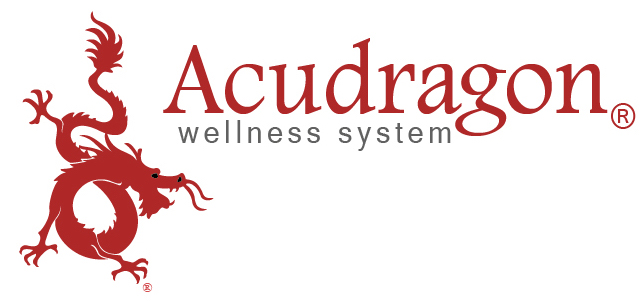
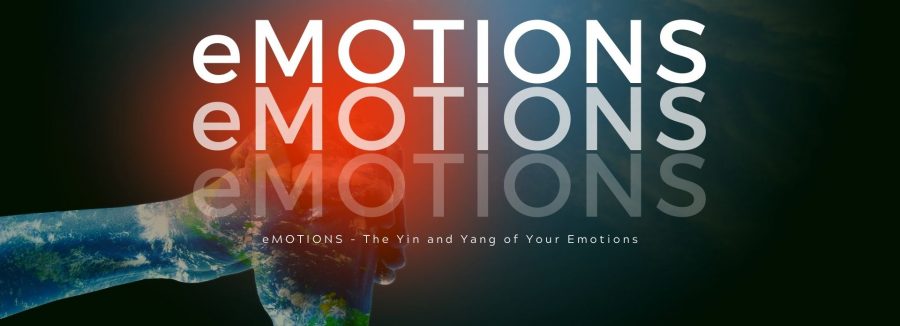

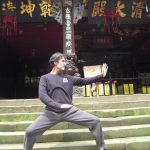
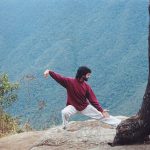







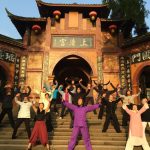
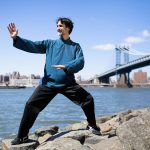

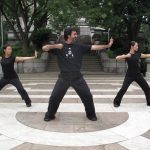
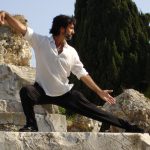




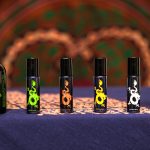
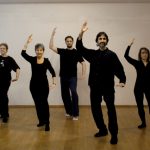
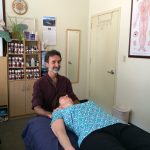

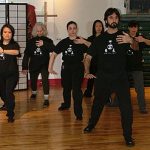

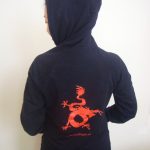


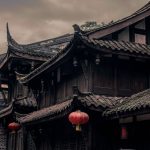
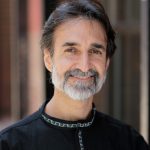


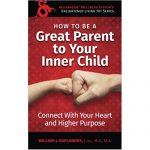

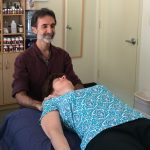






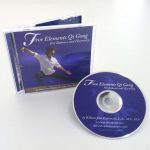
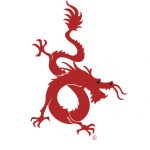


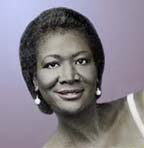
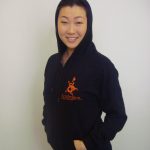
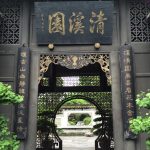
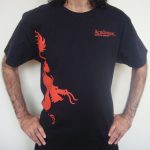


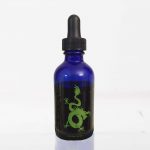
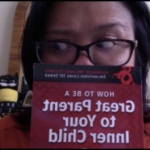

Recent Comments